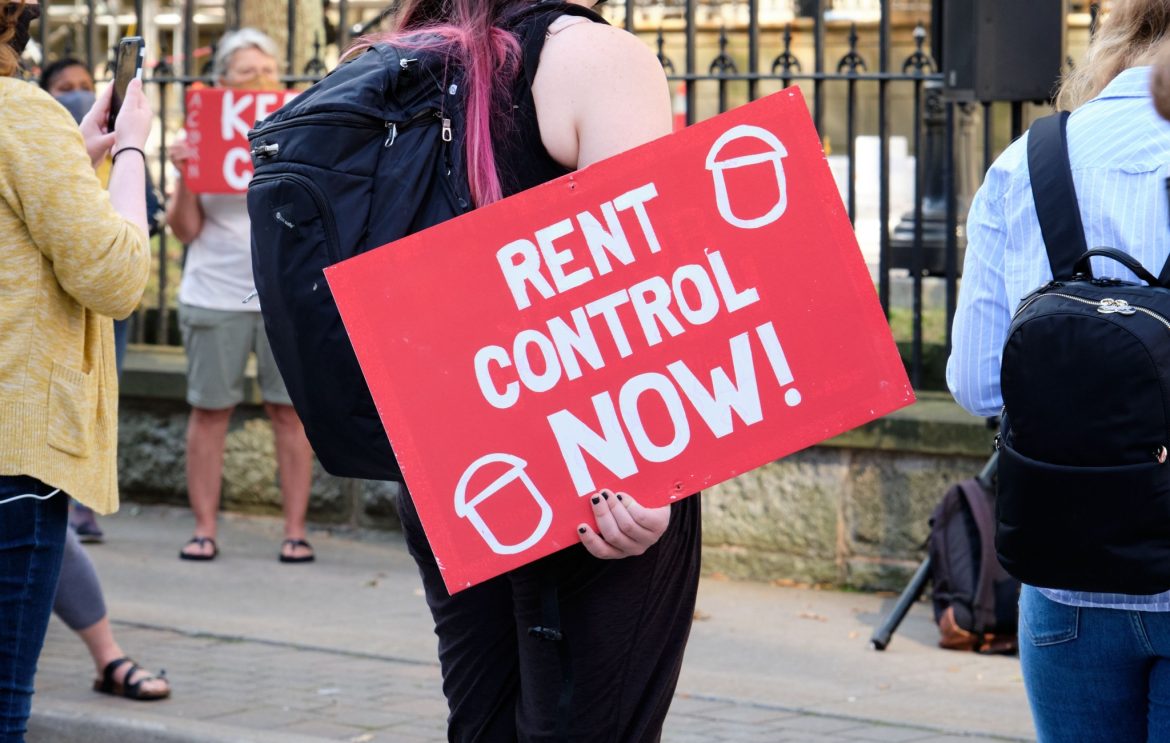New York City, the bastion of global capitalism, is on the verge of electing its first socialist mayor, Zohran Mamdani. Many of his socialist visions for the metropolis fail basic economics. Worst of all is his proposal to freeze the price of rent. It ignores decades of empirical evidence that rent control harms the very residents Mamdani hopes to help.
Socialists are infamous for stubbornly rejecting the laws of economics in pursuit of utopian fantasies. Yet rent control has led to such obvious and abysmal failures around the globe that even hard-core socialists have disavowed it. The broad consensus among economists is that rent control, by mandating a price below the market level, will reduce both the quantity and quality of housing, leading to long waitlists, the dilapidation of rental units, and misallocation.
The immediate effect of freezing rents below their market price in The Big Apple will be to reduce the incentive for investments in expanding the housing supply. Laws, such as parking space requirements, single-family zoning, and density limits, already artificially restrict opportunities in major cities like NYC. They drastically increase the costs and risks of new construction or the conversion of commercial properties into residential housing. Reducing the price that landlords can charge tenants to justify these onerous costs will only compound the problem, further disincentivizing investment.
Freezing rents below their market price can also be expected to cause a misallocation of apartments. Normally, major life events, such as children moving out or an elderly person losing their spouse, result in people moving to more affordable, smaller apartments. Artificially low rents encourage inefficient use of apartment space. New York City residents retiring to sunny Florida might hold on to their rent-controlled apartment for return visits. Similarly, wealthy individuals starting a family and moving out to the suburbs would find it more affordable to keep their apartment for a pad to crash at a few times a year after catching a Yankees game.
The experience of rent control in Sweden offers a stark warning that even policies made under the best of intentions cannot avoid the consequences of ignoring the laws of supply and demand. Average waiting times for apartments have extended to an astounding nine years. The situation is so bad that underground markets have emerged, giving disproportionate power to landlords to engage in favoritism and discrimination. Even under limitations that simply restrict the growth of rents, as those implemented in Ireland, have led to hundreds of people lining up for a single apartment.
Existing landlords, similarly, can be expected to reduce their maintenance and repair budgets to recoup or eke out a return on their investment under the lower revenue mandated by the rent freeze. Ironically, one of the key examples of this happening in practice comes from New York City, where rent-controlled apartments have deteriorated into squalor. The return is so bad that many landlords in the city simply quit renting or even abandon the buildings.
Even socialist Vietnam learned this lesson the hard way. Its Foreign Minister Nguyen Co Thach reporting that rent controls led to Hanoi housing falling “into disrepair.” According to Thach, while “the Americans couldn’t destroy Hanoi…we have destroyed our city by very low rents.” The socialist Assar Lindbeck, even more provocatively observed, “In many cases, rent control appears to be the most efficient technique presently known to destroy a city—except for bombing.”
A recent survey of the empirical literature on rent controls published in the Journal of Housing Economics confirms these examples as the expected outcomes of attempts to lower prices by decree. While the policy can reduce expenses for some tenants, it does so at the cost of systematically reducing construction, lowering the quality, and increasing the misallocation of housing.
If Mamdani wants to truly help the budget-constrained residents of New York City, he needs to embrace markets, not socialism. Reducing unnecessary and overly burdensome zoning regulations that artificially restrict the supply of housing is a proven solution to increase the quality, quantity, and affordability of housing. Ultimately, New York City’s path to affordable housing lies not in disproven and harmful rent control, but in the liberating force of free markets and deregulation.
